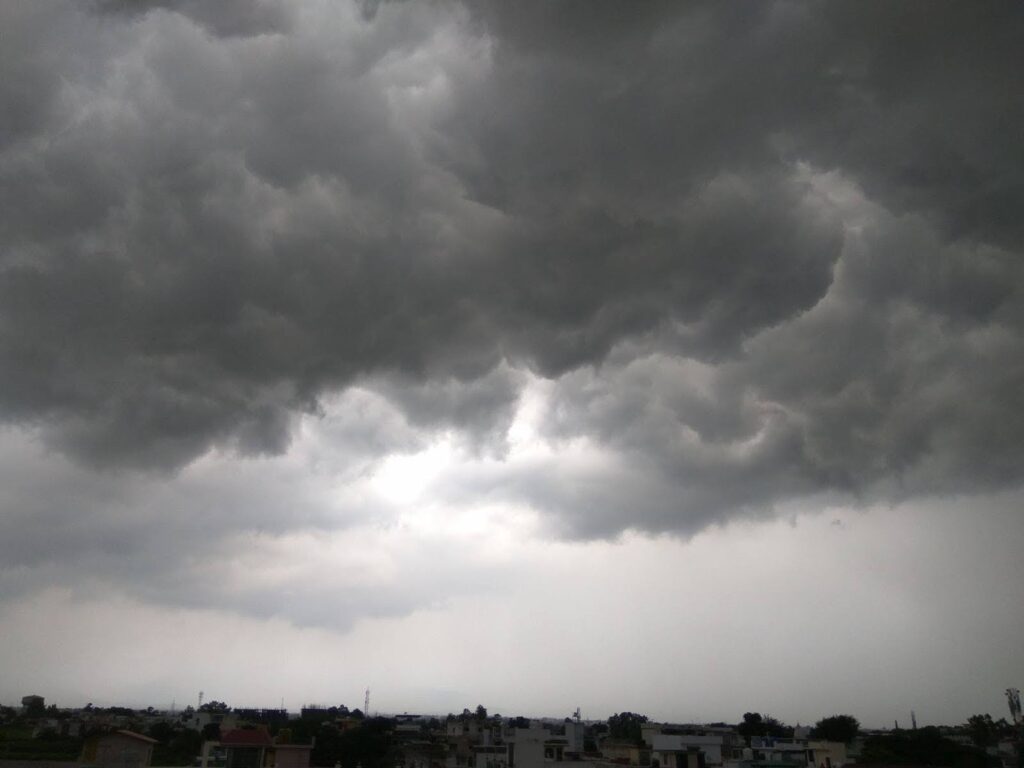
When the stormy season finally arrives in Tucson, you’re in for much more than just heavy rain and strong winds. Our area’s unique monsoon climate brings a specific mix of humidity, moisture, and storm activity that can put serious stress on plumbing systems. From leaks in your crawl space to issues deep in your septic tank, plumbing problems often show up when you least expect them.
Understanding how monsoon conditions affect pipes, water supply, and wastewater systems can help you take proactive steps and avoid costly water damage. Here’s what you need to know — straight from the emergency plumbing service experts at Cool Willy’s!
Heavy Rain and Plumbing System Strain
During a storm, water doesn’t just fall from the sky; it flows through gutters, across your landscaping, and around your foundation. When rain collects too quickly, debris can clog gutters and drains, pushing excess water toward your crawl space or floor drains. Without proper leak detection and sump pump protection, your home is at risk of flooding and wastewater backup.
Soil erosion from excess water flow can also shift pipes underground, leading to cracks, leaks, or complete breaks in your water supply lines. Additionally, roots from nearby trees can grow in the wet soil and invade pipes, creating a hazard for both water quality and plumbing efficiency.
Increased Pressure and Backflow Concerns
Monsoon season often causes sudden changes in pressure throughout plumbing systems. When the water supply fluctuates, the risk of backflow grows, bringing unwanted wastewater, sewage, or groundwater into clean water lines. Backflow valve and sewer line inspections are essential for preventing this type of plumbing emergency.
Similarly, the onslaught of water can affect vulnerable septic tank systems. As standing water builds against the tanks, wastewater can be pushed back up into sinks, showers, or toilets. These backups not only create unpleasant odors but also increase the risk of mold growth and structural damage.
Appliance and Fixture Challenges During the Wet Season
The monsoon’s impact isn’t limited to your drains. Outdoor fixtures and appliances are particularly at risk. Hose bibbs (outdoor faucets) can be damaged by shifting soil and excess moisture, leading to leaks that might go unnoticed until you receive a surprisingly high water bill. Indoor appliances can be affected just as much. For example, water heaters, often located in garages, are vulnerable to flooding. If the pilot light or electronic controls are submerged, it can cause the unit to fail and may require a complete replacement.
The increased humidity in the air can also accelerate corrosion on pipes and fittings, especially in poorly ventilated areas like under sinks or in crawl spaces.
The Risk of Water Damage, Mold, and Insurance Claims
The ultimate consequence of any monsoon-related plumbing failure is water damage. A sewer backup or a burst pipe can introduce gallons of water into your home in a matter of minutes, soaking drywall, flooring, and personal belongings. This creates the perfect breeding ground for mold and mildew, which can begin to grow in as little as 24 hours.
Dealing with the aftermath of damage from a monsoon often involves a costly cleanup process, and navigating homeowners’ insurance claims only complicates matters. Many standard policies have limitations on coverage for water damage, especially if it’s considered caused by a sewer backup.
Protecting Your Home With Professional Plumbing Service
The best way to defend against monsoon-related plumbing issues is through proactive inspection and maintenance. Leak detection services can catch small issues before they grow into emergencies. Checking sump pumps, valves, and backflow preventers ensures your home is protected during heavy rain. And regular inspections of water heaters and boiler systems help reduce the risk of corrosion or pressure-related failures.
When problems arise, you’ll want emergency service from a trusted local plumbing company. In this way, your kitchen, bathroom, and entire foundation stay safe, even during the harshest monsoon storms.
Stay Dry, Tucson!
Tucson’s monsoon season brings much-needed rain but also carries significant plumbing risks, from leaks and backflow to water damage and mold. Protecting your home requires staying ahead of the storm with regular inspection, leak detection, and preventive services. Don’t wait for an emergency to strike; take control of your home’s water quality, appliances, and foundation before the wet season hits.
Call Cool Willy’s today for professional plumbing service in Tucson. Whether you need an emergency service, a routine inspection, or help with a recurring plumbing problem, our team is here to keep your home safe and dry all season long.
